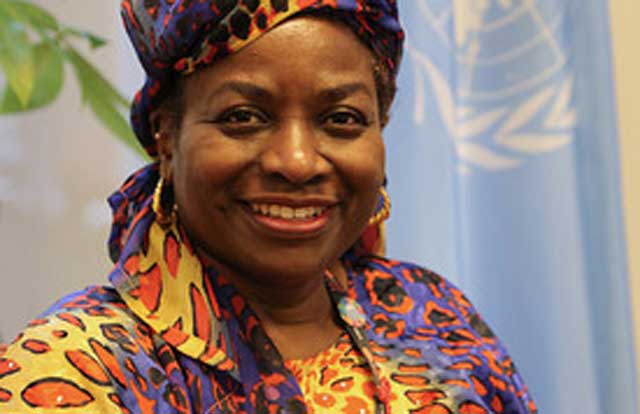
Kampala, Uganda | THE INDEPENDENT | Ongoing lockdowns and major disruptions to health services during the COVID-19 pandemic could result in seven million unintended pregnancies in the coming months, according to data released by the UN Population Fund (UNFPA).
UNFPA Executive Director Dr Natalia Kanem says that the pandemic is deepening inequalities and millions more women and girls now risk losing the ability to plan their families and protect their bodies and their health. She equally estimates that the number of women unable to access family planning or facing unintended pregnancies, gender-based violence and other harmful practices could skyrocket by millions due to the crisis.
UNFPA works to serve the unmet need for family planning and to stamp out gender-based violence and harmful practices such as female genital mutilation (FGM) and child marriage, in line with the Sustainable Development Goals (SDGs). It also focuses on ending all preventable maternal deaths.
Globally, around 450 million women across 114 low and middle-income countries use contraceptives, according to UNFPA and partners. They are projecting that if health services remain disrupted and lockdowns continue for six months, some 47 million in these countries may not be able to access modern contraceptives, resulting in around seven million unintended pregnancies.
There also will be 31 million additional cases of gender-based violence during the same period, with a further 15 million more cases expected for every three months the lockdowns continue.
The pandemic has also affected programmes to prevent female genital mutilation (FGM), and the expert’s estimate two million FGM cases may occur over the next decade that could have been averted. Similarly, an additional 13 million child marriages could take place this decade as the crisis has disrupted efforts to stop this practice.
Dr Kanem observes that COVID-19 is having an enormous impact on women and girls as health systems become overloaded and facilities close, or provide a limited set of services which they need. At the same time, many women and girls also are skipping important medical check-ups for fear of contracting the virus. She fears that disruptions to global supply chains could lead to significant shortages of contraceptives, the partners said, while gender-based violence already on the increase due to the pandemic is expected to rise still further as women are trapped at home for prolonged periods.
Dr Kanem says that UNFPA is working with governments and partners to prioritize the needs of women and girls of reproductive age during the pandemic. The agency is focused on strengthening health systems, procuring and delivering essential supplies to protect health workers, ensuring access to sexual and reproductive health and gender-based violence services, and promoting risk communication and community engagement.
********
URN
 The Independent Uganda: You get the Truth we Pay the Price
The Independent Uganda: You get the Truth we Pay the Price


